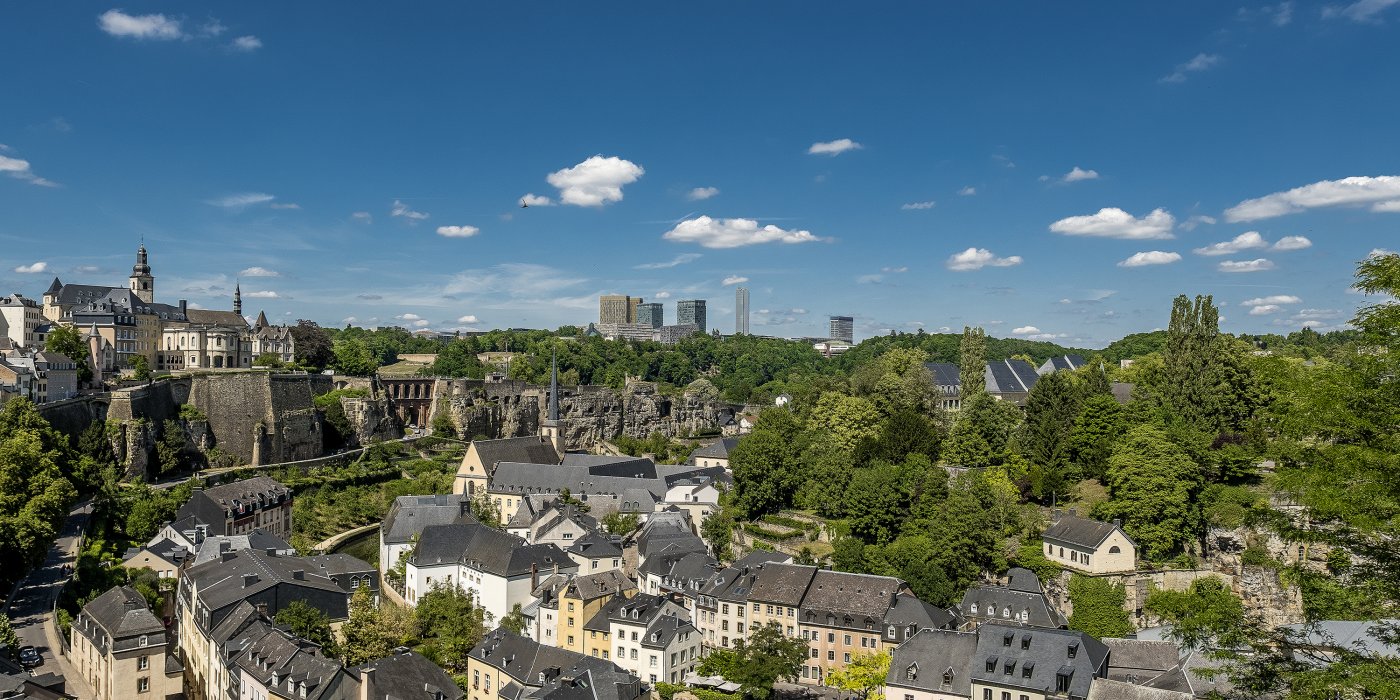Overview of the project
The aim of the "FORLUX – Health, adaptation and resilience of Luxembourg City forests" project, which is being financed by the ministry through the Luxembourg Climate and Energy Fund (Fonds climat et énergie), is to designate experimental plots that will be used to observe and measure how municipal forests react to new weather conditions over the long term, and to lay the groundwork for new forest management strategies.
Observation stations to better understand and predict phenomena
Formulating strategies on adapting forest management practices to climate change requires an in-depth understanding of how forest trees respond physiologically to a number of different parameters, such as water, carbon and nutrients. As such, setting up observation stations in various locations across the city's municipal forests is essential for gaining the required data.
Sensors will be installed at each of these observation stations to collect data on:
-
tree health (water stress, diseases, sap flow, etc.);
-
weather conditions;
-
air quality;
-
water infiltration;
-
carbon sequestered in trees and soil.
The parameters measured will then be used to create and populate a data modelling tool designed to simulate how forests evolve in response to different climate and forest management scenarios.
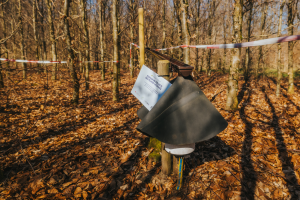

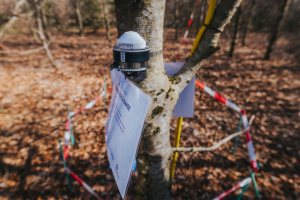
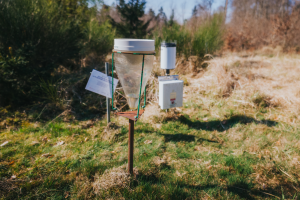


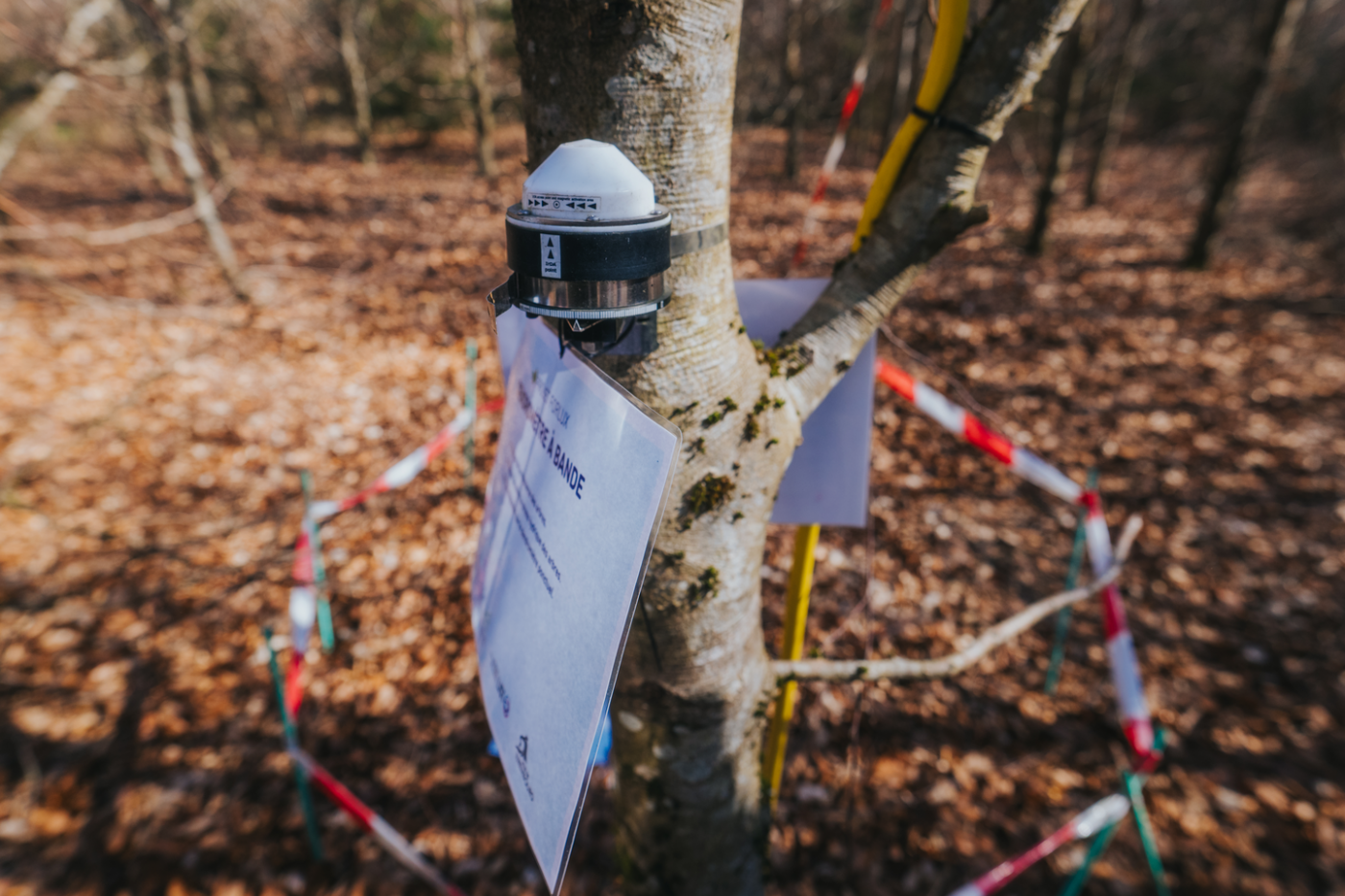
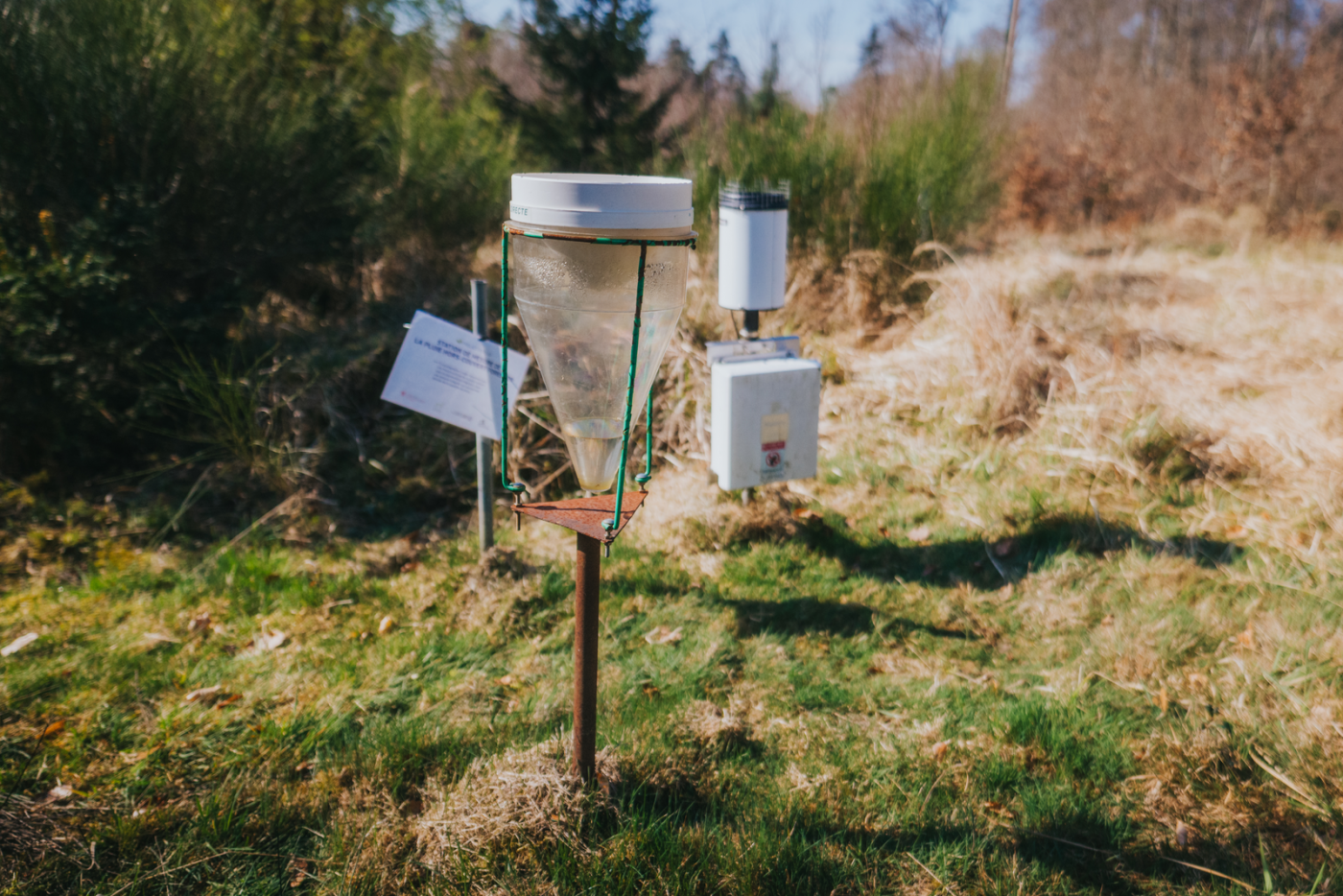
Objectives
The FORLUX project involves researchers, forest managers and citizens, and seeks to achieve three primary objectives, namely:
- quantify and predict how forests respond to climate change;
- develop strategies for adapting forest management practices;
- heighten citizen awareness of and involve citizens in forest preservation.
Research with a view to protecting forests
An observation station was set up on the Bambësch Plateau in July 2022 for the purpose of advancing knowledge and finding solutions in the various fields of research.
Resilience to climate change
The project provides for the use of long-term observation protocols focussing on soil, roots, trunks and canopies, and on how trees respond to climate change, while at the same time collecting data on the characteristics and properties of different indigenous and non-indigenous species. The results of the study will be used to assess the stresses that forests are likely to be exposed to in the future, and to identify actions that could be taken with a view to adapting forest management practices.
Protecting groundwater resources
Protecting water resources is of capital importance for the supply of drinking water and is closely tied to how forest ecosystems are managed. Accordingly, it is important to measure and model water balances in the city's municipal forests, by observing weather conditions, soil moisture and spring flows in situ, so as to correctly predict the potential effects of future droughts on groundwater resources.
Interactions between forested and urbanised areas
Forest have a cooling effect on urban temperatures during heat waves, and also help to improve air quality in nearby urban areas. On the other hand, built-up areas located near forests are likely to disrupt forests' ecological systems, owing to the effects of urban heat due to the characteristics of built environments (heat-absorbing materials, buildings preventing the circulation of air, pollution, motorised-vehicle and industrial heat emissions, etc.).
Citizen awareness and involvement
In adopting a "citizen science" approach – a scientific approach that promotes active civic involvement in the production of scientific data – the City of Luxembourg, LIST and the Nature and Forest Agency (Administration de la Nature et des Forêts) are also seeking to heighten public awareness of the many ecosystem services provided by forests.
The initial results from the first experimental station have been used to calibrate the remote sensing techniques used to assess the spatial distribution of water stress in the Bambësch forest. Combining local measurements, data obtained from the experimental stations and region-wide views produced using remote-sensing data is one of the courses of action that are open to the City for adapting forest management practices to future climate disruptions.
